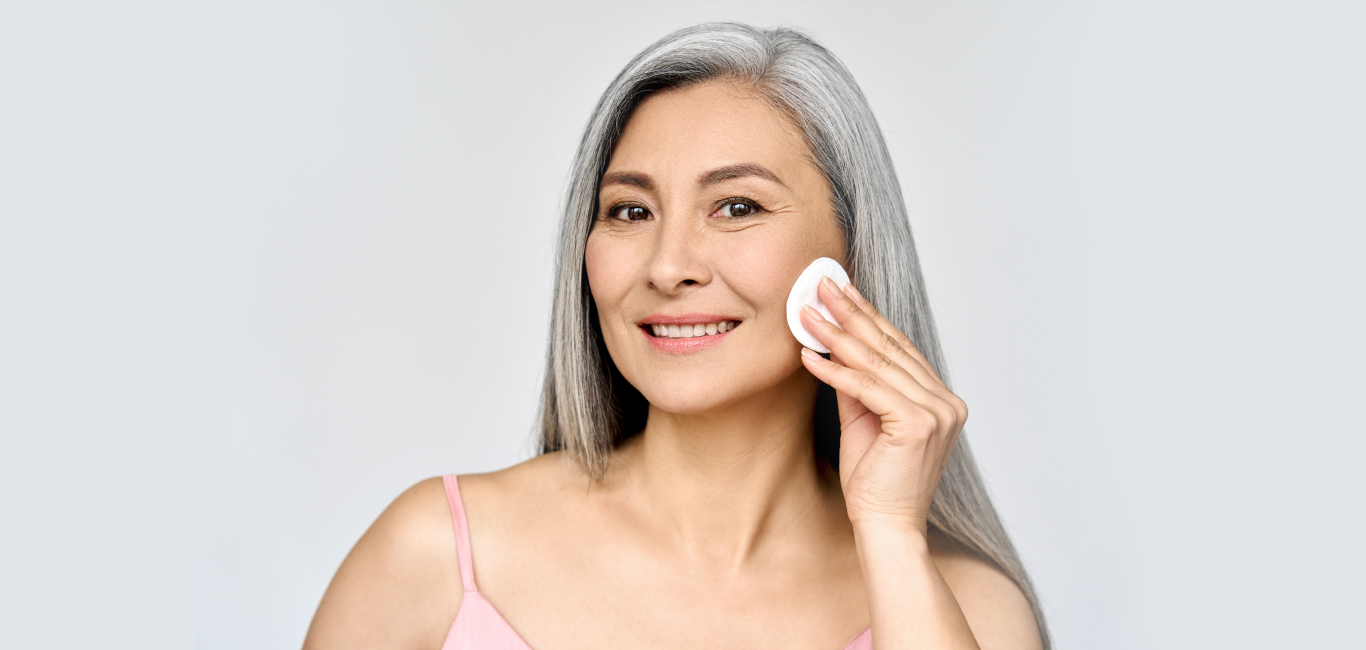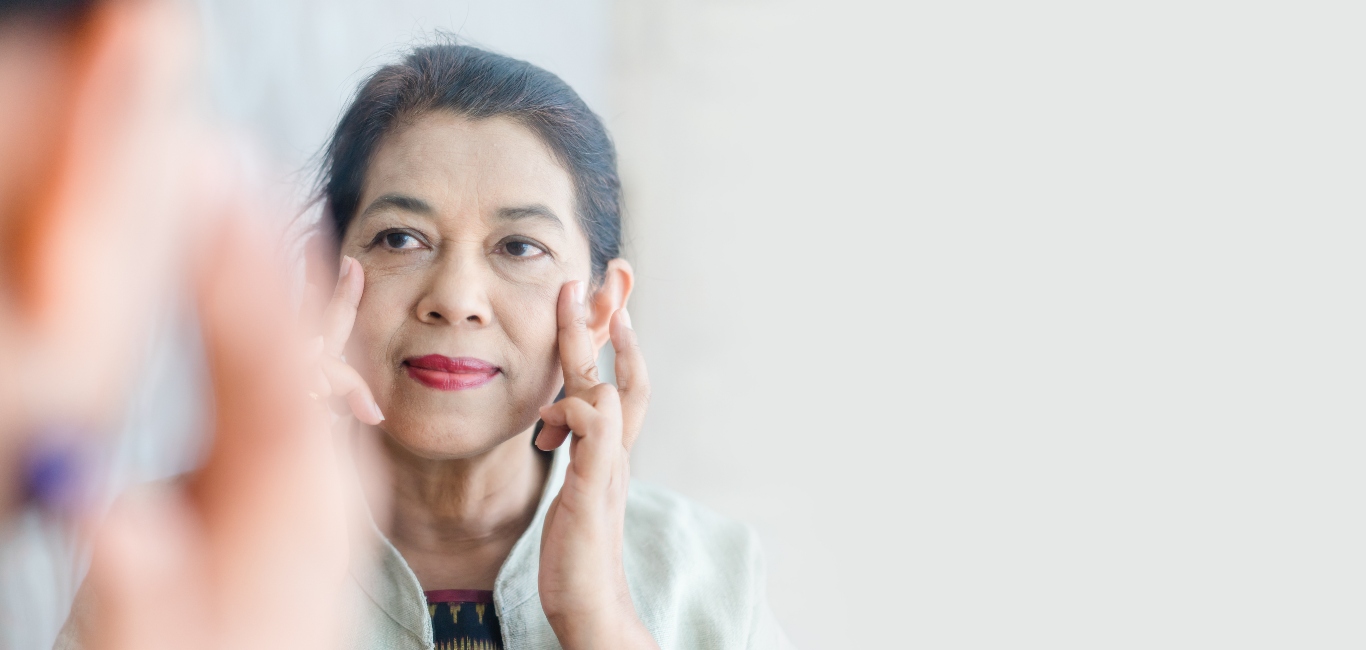
Seema Salim of Bengaluru seems to find minding her routine skin matters quite a hassle. Being doubly busy as hub manager at e-commerce company Flipkart and a parent, Salim, at 34, has pushed skin care down her priority tasks.
“I realise that I don’t take care of my skin as I used to. Some days are so hectic that I don’t even brush my hair properly,” she confesses.
Her situation may not be much different from that of many other busy individuals who are often looking out for ways to save time.
Keep it simple
Dr Shoba Sudeep, a Bengaluru-based consultant dermatologist and cosmetologist, tells Happiest Health that any routine for a healthy skin should be simple and effective: “Cleanse, hydrate, moisturise, and protect. That’s the secret mantra.”
Komalavalli, 24, a data science student from Bengaluru, also believes in a simple skin care practice. “Washing the face with water, following hygienic practices, and drinking a lot of water is my version of skin care,” she says. It apparently works for her.
Dr Sudeep suggests cleansing even if it means merely splashing the face with water a couple of times a day. ”It removes dirt from the face and prevents clogging. Use a cleansing facewash at the end of the day rather than an all-in-one bar soap or body wash.”
Microorganisms, toxins, and dust accumulate on our skin every day. One should use a cleanser that suits one’s skin type. Acne-prone skin requires a face wash containing salicylic acid while people with sensitive skin should use a mild cleanser. Ideally cleansing twice a day is sufficient; cleansing too much removes the natural oils and makes the skin look lifeless.
Exfoliation, another important cleansing practice, can be done once a week. Exfoliation is the practice of deep cleaning the skin by removing dead cells and dirt. However, one should ensure that the ingredients used in the products are safe on the skin. One should also avoid applications that contain hydroquinone or steroids.
For the next step, hydration, one can use either a toner or a moisturiser. Dr Sudeep suggests moisturising rather than toning. “Choose a moisturiser suited to your skin type. Thick moisturisers on acne-prone skin can clog the pores and aggravate acne,” she warns.
Finally, one of the most important steps of a skin care routine is protection with a sunscreen. Dr Sudeep stresses its importance thus. “A sunscreen must be used even indoors or on cloudy days. It slows the ageing of skin, delays the appearance of fine lines, and protects the skin from harmful UV [i.e. ultraviolet] rays.”
Sunscreen of SPF30 – SPF50 is generally to protect the skin from UV rays, and preventing skin diseases and premature ageing. Apply sunscreen on the exposed areas like the face, neck, arms and legs.
More than just a routine
Dr Sudeep has this advice:
- Eat healthy: This is the first step in skin care as skin conditions can be caused by poor or wrong food habits. For the internal care of skin, the diet should include vegetables, fruits, appropriate fatty acids, antioxidant-loaded food and Vitamin C.
- Drink plenty of water: Hydration helps in the overall improvement of the body as water aids the skin and other organs. It also reduces acne.
- Exercise: Regular exercise does wonders to the skin. Adding face yoga to one’s exercise regimen will take care of its suppleness and healthy appearance.
- Getting adequate amount of sleep at night lets the body repair itself, slow its ageing and improve its appearance.
Social media trends
Komalavalli says that during her undergraduate days, “I blindly followed all sorts of home remedies – like overusing coarse gram flour for exfoliating my skin, and gelatine as a mask. They triggered acne.”
Now she keeps her skin care drill simple.
Dermatologists say following skin care routines that are picked up randomly from the internet and social media will cause more harm than good. And one should always read about the safety and benefits of ingredients before using the products.

















